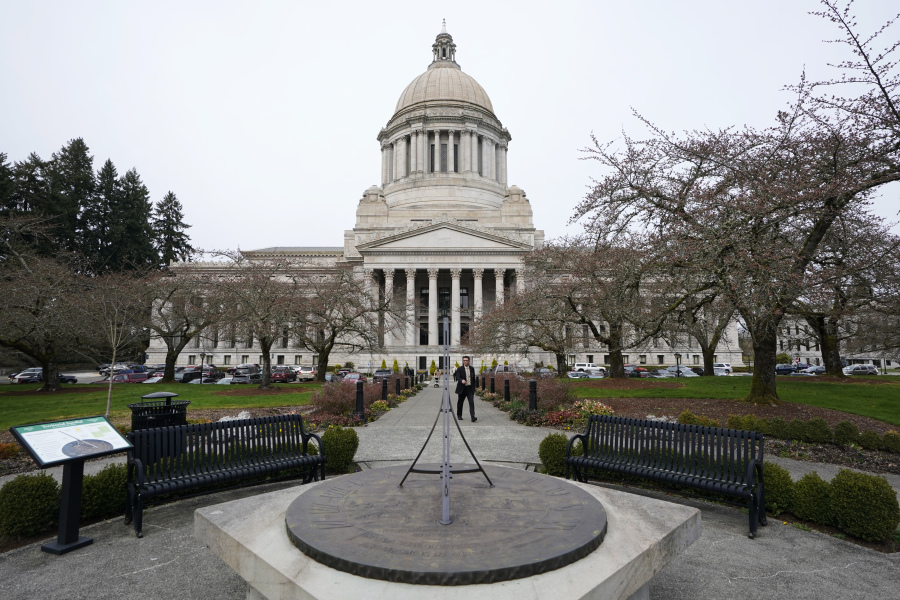A proposal headed to voters to repeal Washington’s capital gains tax would knock roughly a billion dollars a year from the state budget, money that would otherwise go to early learning and child care programs and school construction, according to new state estimates.
In 2023, the first year of collections, the tax brought in about $890 million. The estimates show that eliminating it would leave similar-sized holes in the state budget going forward. But capital gains taxes are a volatile source of tax revenue, prone to up and down swings from year to year, which means that accurately modeling future revenue is difficult.
Initiative 2109 is on track to appear on this November’s ballot. It would repeal the 7% tax on capital gains over $262,000 (up from $250,000 for taxes due last year). These gains generally come from the sale of investments like stocks and bonds or business interests. The tax does not apply to real estate sales.
The lost-revenue estimates assume the Legislature approves the repeal during the current session and it takes effect by June. This is unlikely because Democrats control the Legislature but support the tax. The estimates are presented this way because the measure is an initiative to the legislature, meaning lawmakers could pass it instead of letting it go to voters.
During the 2025 fiscal year, which begins July 1, a projected $913 million would evaporate from the state’s budget if the tax were nixed. Between $941 million and $1.09 billion would disappear during fiscal years 2026 to 2029, according to the estimates, prepared by the state Department of Revenue.
To put that number in perspective, the state’s operating budget, which covers most day-to-day government operations, public schools and state colleges and universities, is around $69 billion.
Sen. June Robinson, D-Everett, wrote the capital gains tax bill that the Legislature approved in 2021. “If it’s repealed, it is a big hole in the budget,” said Robinson, chair of the Senate Ways and Means Committee. “We’re going to have to come back next year and deal with that reality.”
The measure is backed by the group Let’s Go Washington, a conservative political committee that gets financial support from hedge-fund manager Brian Heywood. But Republicans in the Legislature have aligned themselves with the initiative, along with five other measures the group gathered enough signatures to qualify for this November’s ballot.
Sen. Lynda Wilson, R-Vancouver, lead Republican on the Senate’s Ways and Means Committee, said that if the initiative passes, Democrats will have to find other ways to pay for the education and child care programs the capital gains tax supports. Wilson also noted the difficulties in estimating revenue from the tax given its volatility.
“There’s plenty of money in the budget,” she said. “It’s all about how you prioritize.”
The estimates for repealing the tax were included in a fiscal note released on Feb. 5.
It’s primarily wealthier people who pay the tax. Department of Revenue data through Jan. 3 shows that 3,354 taxpayers who filed returns made capital gains tax payments and that 333 of those payments were $240,000 or more and accounted for about $778 million of revenue collected so far.
Washington State Standard reporters Jerry Cornfield and Laurel Demkovich contributed to this report.
The Washington State Standard is a nonprofit, nonpartisan news outlet that provides original reporting, analysis and commentary on Washington state government and politics. We seek to keep you informed about Washington’s most pressing issues, the decisions elected leaders are making, how they are spending tax dollars and who is influencing public policy.



